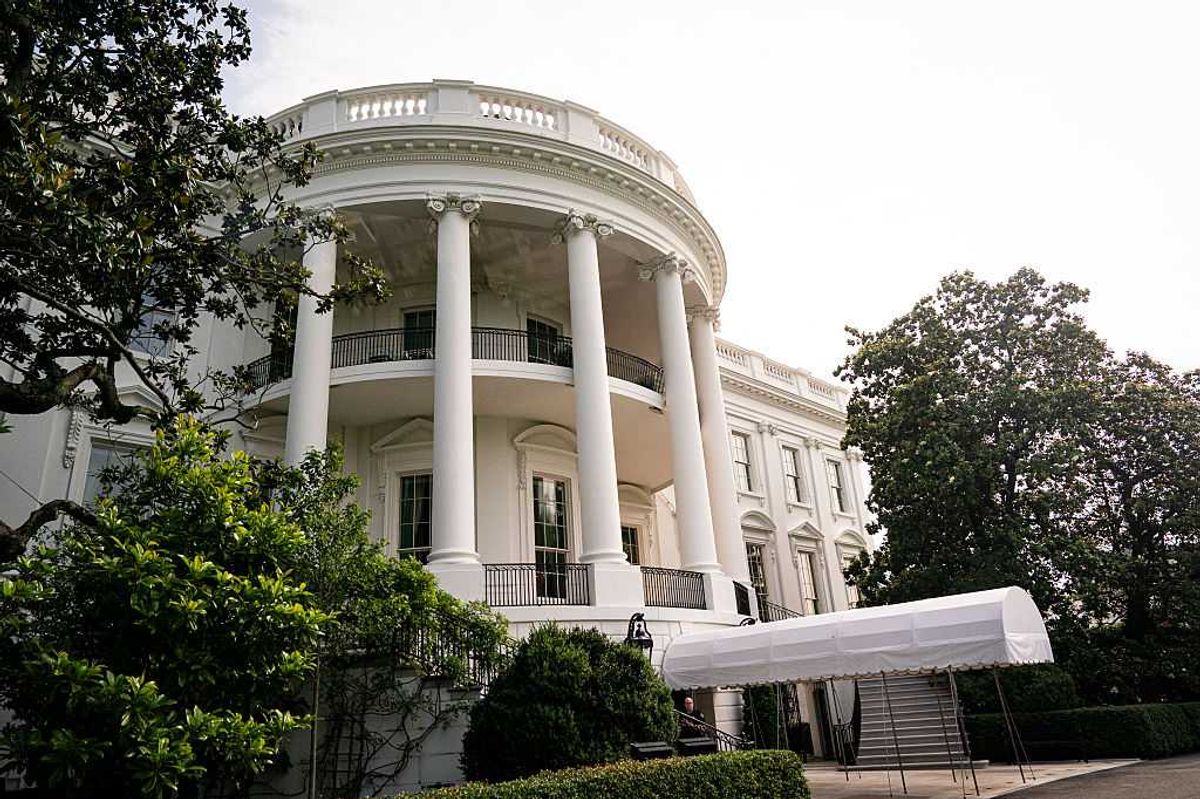News
Cahal Milmo
May 19, 2015
Evidence has emerged for the first time that a millionaire Russian businessman found dead outside his Surrey home may have been poisoned by assassins – despite police insisting that his death was not suspicious.
Alexander Perepilichny collapsed and died outside his home on a luxury estate in Surrey in November 2012 shortly before he was due to give evidence as a whistleblower in an investigation into an alleged $230m (£146m) fraud which implicated Russian tax officials in a conspiracy with organised criminals.
He had been told he was on a mafia hit list. The sudden death of a hitherto healthy man led to speculation that the 44-year-old was the target of contract killers from the Russian mafia.
But Surrey Police insisted within 12 months of the death that extensive toxicology testing and other investigations showed the death was not suspicious and there had been “no third-party involvement”.
But at a pre-inquest hearing on Monday it emerged that fresh testing by a leading poisons expert revealed the presence in a sample of Mr Perepilichny’s stomach contents of a chemical which is strongly associated with a lethal plant toxin known to be used by Russian contract killers. Lawyers for police acknowledged at Surrey Coroner’s Court in Woking on Monday that the presence of the chemical “ion” was a “cause for very serious concern”.
The court heard that the substance was extremely rare in nature and could only be derived naturally from five sources – all of them forms of the poisonous plant, Gelsemium, otherwise known as “heartbreak grass” and a known tool of assassins from Russia and China, where the most toxic version of the shrub – Gelsemium elegans – grows on remote hillsides.
The fast-acting poison is seldom used and the last known case of its use was in 2011 to murder a Chinese billionaire, Huang Guang.
The presence of the substance emerged last year after testing of samples of stomach contents, blood and urine by Professor Monique Simmonds, a plant poisons experts at the Royal Botanic Gardens in Kew, London.
The full inquest into Mr Perepilichny’s death had been due to begin on Monday but the proceedings will now be delayed until September to allow for further testing.
More: What you need to know about rising tensions with Russia
Top 100
The Conversation (0)












